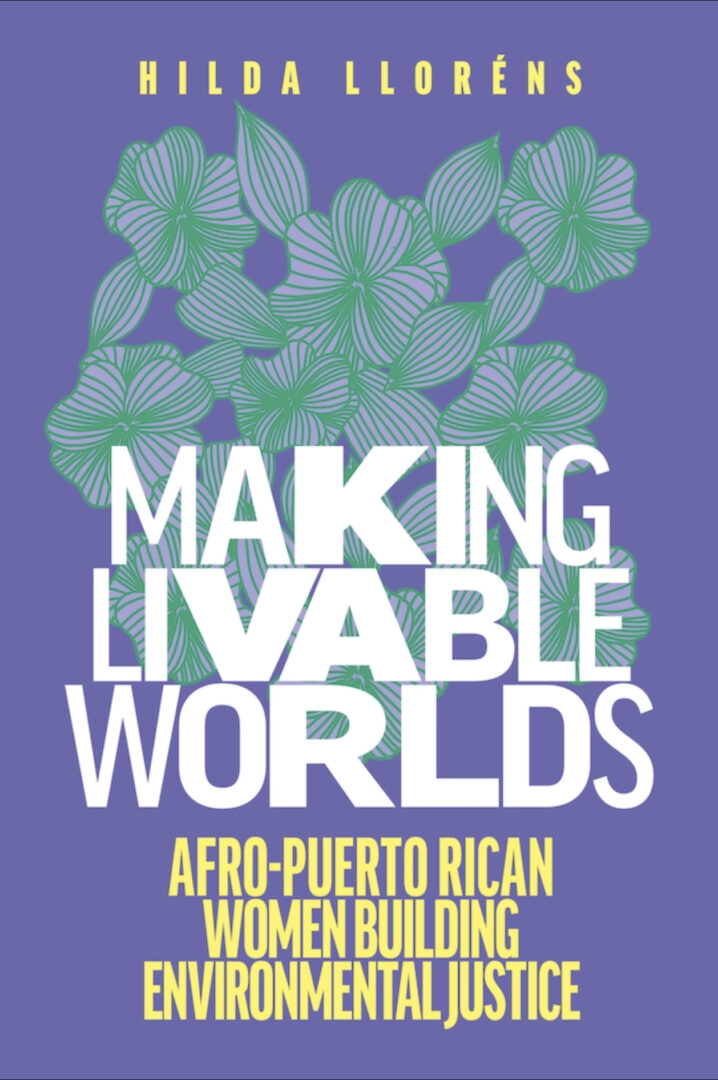This review examines Hilda Lloréns’s research into the role that Afro-Puerto Rican women play in advocating for environmental justice and building a sustainable environment in the Puerto Rican archipelago, particularly after the devastation left behind by Hurricanes Irma and Maria in 2017, and the subsequent catastrophic effects of COVID-19 in 2020. Lloréns shows that Afro-Puerto Rican women are able to survive in the face of racial and ecological discriminations and marginalizations, and their survival is emblematic of Puerto Rico’s own survival. The author devotes the entirety of her book to show that as an “ethnographer of home,” as she calls herself, it is essential for people to create livable worlds within which they can survive. Survival in the midst of catastrophic climate change is difficult, Lloréns argues, primarily because Puerto Ricans are often on the receiving end of austerity measures that make their existence tenuous, at best. These austerity measures typically come after a climatic event, and result in limited access to clean water, food, electricity, healthcare, housing, and education, which only serve to exacerbate the desperation that many on the island feel. While this desperation was widespread across the island after the hurricanes in 2017, residents in the southeastern region of the island (predominantly Afro-Puerto Ricans) were even more affected. Lloréns shows how these people used their limited resources to cull an existence out of a seemingly hostile land and create a community that sustained them. Lloréns draws on personal experiences, the experiences of her family, ethnography, anthropology, and interviews to show how vital it is to examine Puerto Rico not as a homogenous space but rather as a heterogeneous one with its unique complexities. And by centering the work and experiences of Black Puerto Ricans, Lloréns gives voice to a group that is largely left on the margins of society, but who demonstrates the importance of building community as a sustaining entity.
Keyword: racial capitalism
Neoliberalism, Racial Capitalism, and Liberal Democracy: Challenging an Emergent Critical Analytic
Response to Jodi Melamed, “Proceduralism, Predisposing, Poesis: Forms of Institutionality, In the Making,” published in Lateral 5.1. Aho pointedly argues that studies of institutionality all too often substantiate what she calls neoliberalocentrism, which readily posits neoliberalism as the singular paradigm into narrating a teleological development of history. Instead, she echoes Kim and Schalk to articulate ‘crip-of-color materialism’ as an analytic that thickens understandings about global structures of inequity and fissures within them.

